Research
Kansai Studies

Kansai Studies is a research project that explores the Kansai region where the festival is based.
Through artists’ fieldwork on the culture and climate of the region, the program aims to uncover “unpolished gems” that will enrich future artistic expression. For the 2024 cycle of the program, three researchers are currently carrying out fieldwork on their chosen themes.
The happenings, discoveries, and ideas encountered during the three participants’ research will be documented through text and video, and published on a special website which will serve as an archival knowledge base for future projects and creators. The website, where the participants sensitively and thoroughly record everyday discoveries made through observation and research, will surely provide viewers with stimulating new insights into how we see and understand. Progress reports will be shared in a public event held during the festival, so stay tuned!
During the festival a talk event will be held with the research members to discuss each research theme, the various discoveries made through fieldwork, and the potential for future developments.
Researcher: Takuya Ishikawa (Educator / Researcher / Director), Yuka Uchida (Dancer / Choreographer), Kohei Maeda (Artist)
☞ Kansai Studies website
kansai-studies.com
【Research members 2024 / Research theme】
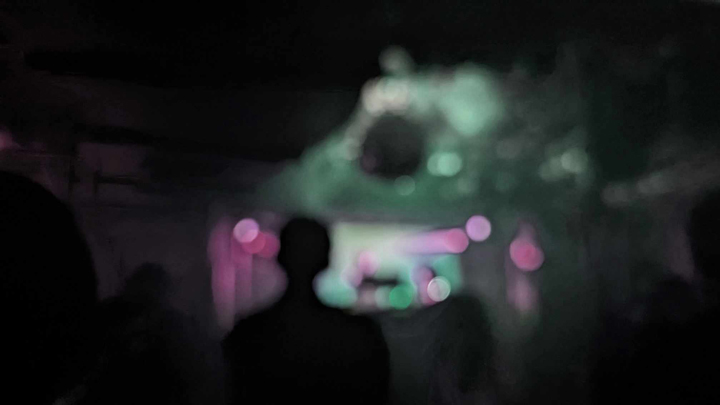
Takuya Ishikawa
Parties, Roles, and Spaces as Poetic Technologies
“Poetic technologies,” as conceptualized by the late American anthropologist, anarchist, and activist David Graeber, are “the use of rational and technical means to bring wild fantasies to reality.” The phrase describes the circumstances in which autonomous and free spaces are realized at parties and clubs (the opposite is “bureaucratic technologies”). The DJs, organizers, and all other components, including the space, contribute to these circumstances. In order to research this culture and understand its history, Ishikawa hopes to conduct interviews with those involved and wander the city.
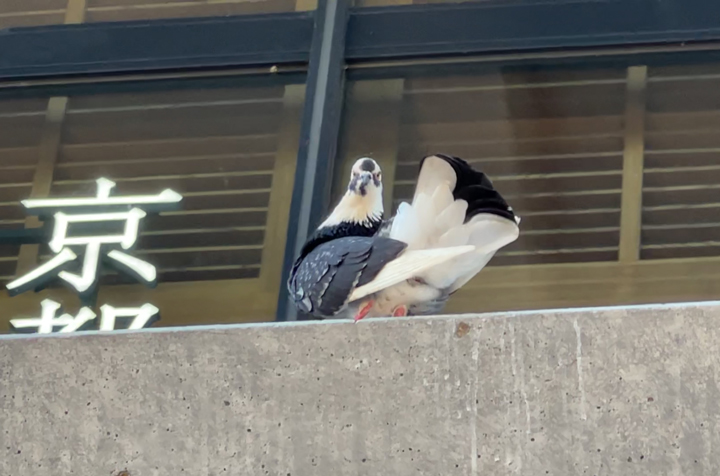
Yuka Uchida
New Fieldwork (Kyoto edition)
Uchida’s project involves observing, documenting (via photography, video, text, sketches, and interviews), and studying pigeons in Kyoto. Do the pigeons have qualities particular to Kansai or Kyoto? This fieldwork is not academic, and ignores conventions and systematic methodologies. Instead, the project is an amateur exploration of freestyle approaches to understanding familiar animals. Uchida’s research on Kyoto’s pigeons will begin in the courtyard of ROHM Theatre Kyoto, where She will try to view a recognizable place from a different perspective.
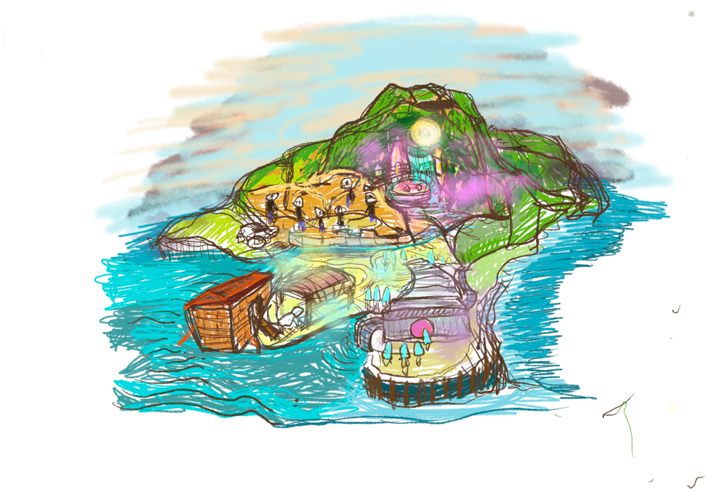
Kohei Maeda
Awai no shima: A Story About a Zoo
Since 2022, Maeda has conducted fieldwork and research on the theme “the future of zoos” in a joint project with Nanki-Shirahama Adventure World, a theme park that is home to 1,600 animals of 120 varieties from land, sea, and air. The research will culminate in a video work titled “Awai no shima” and an exhibition, which are scheduled to be held in the park in autumn 2024. For Kansai Studies, Maeda will share some of this research and artistic experiments leading up to the exhibition, exploring the zoo as a place, the existence of zoo animals, as well as challenges and future prospects.
10.16 (Wed) 19:30-21:00
Takuya Ishikawa
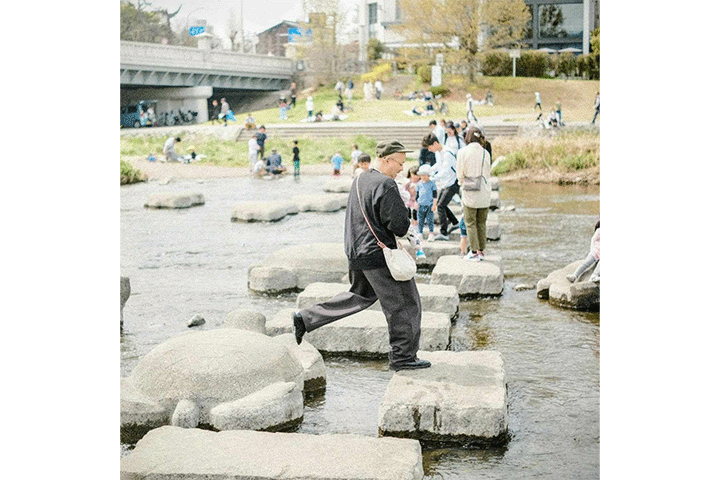
Ishikawa is an educator, researcher, and director. Lecturer at Kyoto University of the Arts. He worked in UI/UX design before studying at the Institute of Advanced Media Arts and Sciences (IAMAS) from 2013. In 2016, he was appointed educator at the Yamaguchi Center for Arts and Media [YCAM], where he produced music programs, as well as educational and regional programs such as RADLOCAL. He was appointed to his current position in 2020. He produced Koshiro Hino’s GEIST, directed music events and art production, and conducted research on the cultural history and commons of club culture. Co-author of New Generation Editors File: Editing Across Borders—from the Digital to Communities and Government. https://linktr.ee/taabon
Yuka Uchida
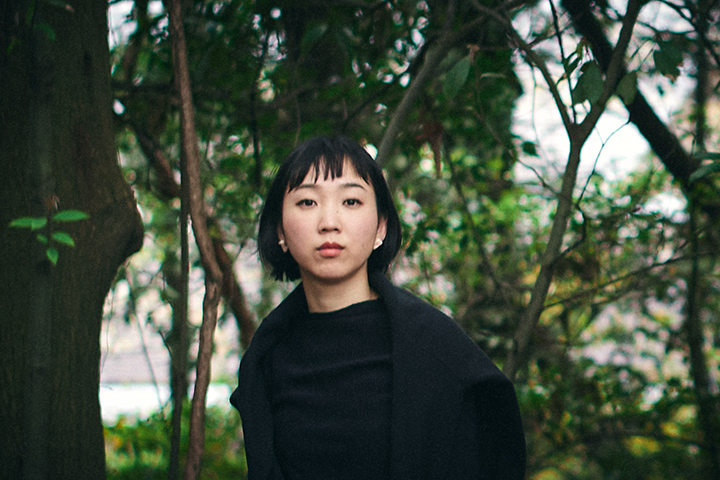
Dancer and choreographer. Her choreography is informed by the performance environment and surroundings, and has been presented in various indoor and outdoor venues. Notable works include Living Series (2014, 2019–23), in which she choreographs movements based on a diary documenting her daily life; Respect People (2020–), in which she uses her imagination to fantasize about (and misunderstand) the people that she admires and respects, incorporating their movements into her choreography; and New Fieldwork (2023–), which explores pigeon communities through fieldwork conducted by amateurs. Uchida has also performed as a dancer in works by various choreographers and artists. Since she was a child, she has lived with budgies, cockatiels, tropical fish, guppies, beetles, and dogs. https://yukauchidaweb.tumblr.com/ Instagram
Kohei Maeda

Artist, born 1991 in Wakayama and based in the Kansai region. He completed his master’s degree in concept and media planning in the department of painting at Kyoto City University of Arts in 2017. His work explores the “relationship and distance between nature and people,” and is rooted in his experiences growing up in the Kii peninsula, the natural features of the region, and the philosophies of the Wakayama-born naturalist Minakata Kumagusu. Focusing on landscapes, ecosystems, cultures, and beliefs in Japan and abroad, his work ranges from fieldwork and projects to photography, video, performance, and installation. He questions boundaries, touches the invisible, translating these processes and actions into work that sometimes resembles rituals. Recent exhibitions include a show at the Thailand Biennale 2023 (Chiang Rai) and the solo exhibition Lit-up Mountain, Astral Foothills (Aomori Contemporary Art Centre). https://koheimaeda.com Instagram
Research members: Takuya Ishikawa, Yuka Uchida, Kohei Maeda
Research coordinator: Hanabi Takemiya
Website and logo design: Takuya Matsumi
With the cooperation of BnA Alter Museum
Presented by Kyoto Experiment
















